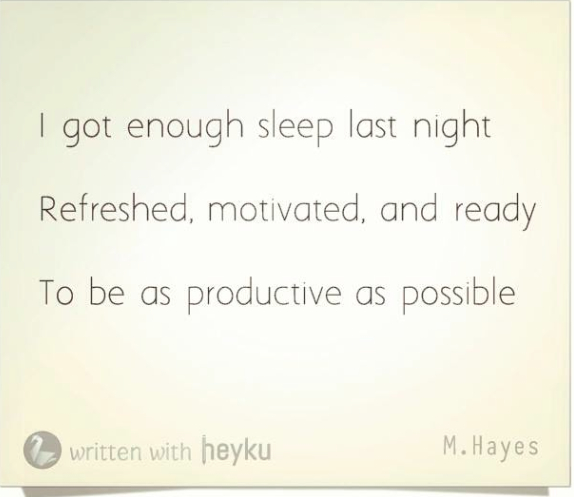1. Why are you starting your own label? (What is your motivation?)
2. Why would anyone want to buy your music?
3. Is there currently a market for your kind of music? Prove it!
4. If you’re not releasing your own music, have you ever read a recording contract?
5. Are you aware of all the traditional clauses that are in such 75–100 page contracts?
6. Do you know anything about copyright law?
7. What is a mechanical royalty? What is a
performance royalty? Internet play royalties?
8. Have you heard of the
Harry Fox Agency,
ASCAP, BMI,
SESAC? What do they do?
9. What do you want to achieve by starting your own label?
10. What do you know about the day-to-day business of
selling music?
11. Will your new company be a sole proprietorship, a partnership, or some type of corporation? (Do you know the pros and cons of each?)
12. Have you trademarked the name of your company to be sure you can use that name?
13. Will you need recording equipment, office equipment, and supplies to run your label?
14. Do you have a recording studio you can work with, or will your laptop recording really do the job?
15. Do you know any record producers and/or engineers?
16. How much money will it cost you to start your label, record your records, and market the recordings for the first year? Second year? Third year?
17. How will you raise the money you need to start and run your record label?
18. What local, state, and federal tax responsibilities will your label have?
19. How will you sell your records? (Live shows, Internet sales, mail order, catalog sales, distributors, stores?)
20. What specific distribution and retail sales plans have you arranged so that people can easily find your releases at retail stores?
21. Do you have the money, time, and determination to compete in an industry that releases over 1,000 new records a week?
22. What configurations, (CD, vinyl, MP3, etc.), based on your knowledge of your fans habits, will you need to make?
23. How much will it cost to manufacture your
CDs and/or vinyl, and convert your recordings to downloadable formats?
24. How many copies of your releases do you think, realistically, you can sell?
25. What deals are offered by CD manufacturers? Will you use their barcode or buy your own?
26. Will you need to make posters or other materials for retailers? If so, how many and how much will that cost?
27. Will you be making special novelty items like t-shirts, baseball caps, etc., and how much will that cost?
28. How did you estimate the number of copies you needed to manufacture?
29. Did you count into your estimation the number of free CDs you’ll have to give away for promotions of various kinds?
30. How will you go about finding other acts to sign to your label? Are you the sole artist? Then how many new releases will you have every year or so?
31. How important do you think graphic design is in making your label’s logo and cover art work for your releases?
32. Do you know any graphic artists with record design experience?
33. What information should go on the CD cover, back-cover, spine, booklet, and label?
34. What will your website look like? What online marketing news and fan opportunities (blogs, podcasts, etc.) will there be for your fans to interact with you?
35. Do you know how to write a marketing plan, a distributor one-sheet, and other promo materials?
Plus an extra question (this may sound familiar):
36. Who are your customers? NEVER forget this important question! If you think you know them, then describe them in very specific terms. And keep in touch with them. Create an event page on Facebook and invite them to interact with you on Twitter.
And on and on it goes. Welcome to the new music business!
By Christopher Knab, Copyright 2013. All rights reserved. The new, 4th Edition of Music Is Your Business has 100 pages of more info to help musicians help themselves with the business of music.
